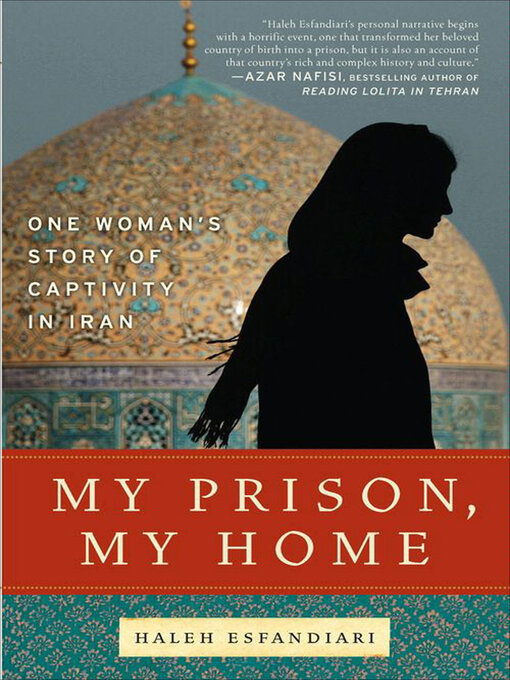My Prison, My Home is the harrowing true story of Iranian-American scholar Haleh Esfandiari’s arrest on false charges and subsequent incarceration in Evin Prison, the most notorious penitentiary in Ahmadinejad’s Iran. Esfandiari’s riveting, deeply personal, and illuminating first-person account of her ordealis the inspiring tale of one woman’s triumph over interrogation, intimidation, and fear. Offering a shocking, close-up view inside the paranoid mindset of the repressive Ahmadinejad regime, My Prison, My Home sheds light on a high-stakes international incident that sparked protests from some of the world’s most influential public figures—including Barack Obama, Hillary Clinton, and former U.S. Secretary of State Madeline Albright
- Available now
- New eBook additions
- New kids additions
- New teen additions
- Most popular
- Try something different
- African American Fiction
- Rediscover these titles!
- Urban Fiction
- Provided by a grant from the FINRA Investor Education Foundation
- Westerns
- See all ebooks collections
- Available now
- New audiobook additions
- New kids additions
- New teen additions
- Most popular
- Try something different
- See all audiobooks collections
- Health & Fitness
- Food & Cooking
- Tech & Gaming
- Family & Parenting
- News & Politics
- Business & Finance
- Photography
- Travel & Outdoor
- Home & Garden
- Fashion
- Celebrity
- Kids & Teens
- Comics & Manga
- See all magazines collections



